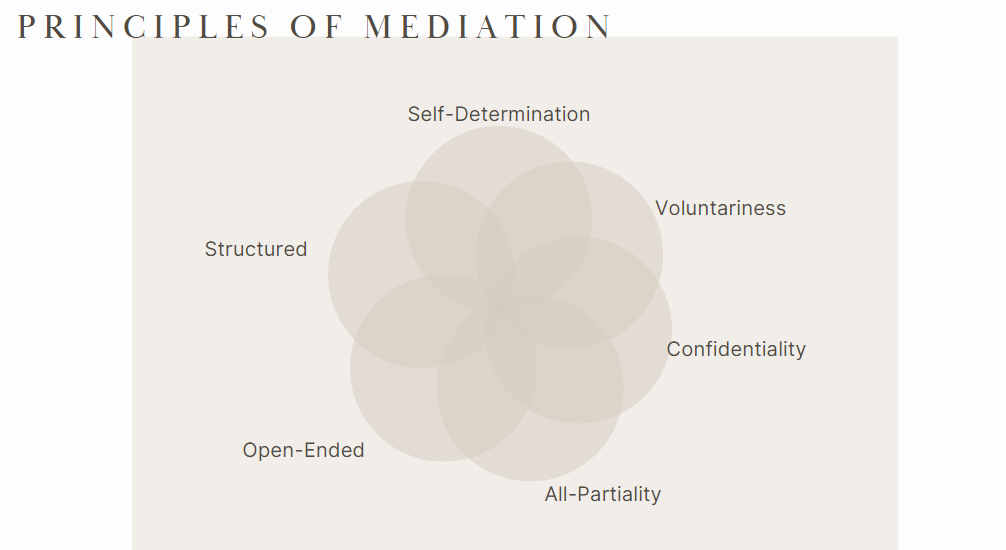Mediation is a structured, interactive process in which an impartial third party helps the disputing parties to resolve the conflict through the use of specialized communication and negotiation techniques. (wikipedia.org)
The mediator will help conduct a structured conversation, help explore interests, needs and then various options.

Photo by Johannes Plenio Pexels.com
Conflicts are part of our lives
Both at work and at home, there are times when we disagree with someone. Sometimes you just manage to reach an agreement, but very often the dispute escalates. This happens for various reasons.
Some people prefer strategies of avoidance or “sweeping under the rug”, adapting. Then it seems that the conflict has been resolved, but in fact the tension is still there, the frustration is growing, and at some point even a small thing can cause an explosion.
Others escalate conflicts, blurt out what they think and feel, and stand their ground regardless of what the other side expresses.
Sometimes a compromise can be reached – but then most often both parties give up something important and in the end no one is satisfied. The bitter taste remains.
I believe that at the heart of every conflict are different perspectives resulting from different needs. We have the impression that the other person does not understand us and, moreover, does not want to understand us. Meanwhile, each of us is locked in our own world of needs and experiences that make us perceive the situation in one way and not another.
This attitude is brought closer to the idea of Nonviolent Communication, which is very close to me and which I use in my work.
Curiosity about conflict
I believe that every conflict can lead to interesting conclusions and surprising solutions, as long as both parties want to get to know and understand each other. Sometimes the conflict is at such a stage that it is not easy. Therefore, it is worth asking a mediator for help.
In my work, I helped both teams and their individual members reach an agreement.
Conflict doesn’t have to be terrible. It can be the beginning of interesting conclusions, innovative ideas, and sometimes we will even discover the unknown side of our colleagues or loved ones.
It’s ok that we can’t always find a way to reach an agreement on our own. Conflicts that have been going on for a long time are at the stage where it is difficult to overcome and see the true intentions of the other side. This is when it is worth seeking support. Mediation may be associated with something like a last resort before the court. It’s not true. A mediator is simply a person who is nearby, is impartial and helps see the needs and intentions of each party to the conflict. It could be a conversation, it could be a workshop with teams. It is important that everyone feels heard.
What does mediation look like?
The mediation process is primarily voluntary – both parties must be willing to talk and agree to mediation. The mediator acts as a guide who helps the parties understand each other. However, it is not the mediator who decides how the dispute is to be resolved, but the parties themselves choose the solution. Mediation, thanks to the structure and support of an impartial third party (mediator), allows the parties to look at the conflict differently, often to cool down their emotions and calmly consider the various available options.

